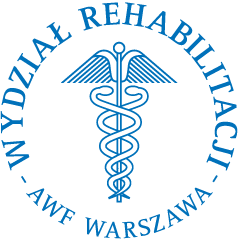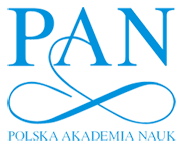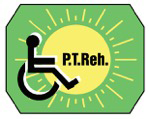


|
Current issue
Archive
Manuscripts accepted
About the journal
Editorial board
Reviewers
Abstracting and indexing
Contact
Instructions for authors
Publication charge
Ethical standards and procedures
Editorial System
Submit your Manuscript
|
3/2019
vol. 33 abstract:
Original paper
Effect of Modified Thai Yoga on Energy Cost and Metabolic Intensity in Obese Older Adult Thai Women
Waree Widjaja
1
,
Kittipun Jitvimolnimit
1
,
Amornpan Ajjimaporn
1
,
James J. Laskin
2
Online publish date: 2019/10/16
View
full text
Get citation
ENW EndNote
BIB JabRef, Mendeley
RIS Papers, Reference Manager, RefWorks, Zotero
AMA
APA
Chicago
Harvard
MLA
Vancouver
Introduction
Obesity is associated with increased risk of chronic diseases. An increasing of physical activity can prevent the obesity and improve the daily life quality in older adults. The purpose of this study was to investigate the effect of modified Thai Yoga on metabolic intensity and energy expenditure in obese older adult Thai women. Material and methods Twenty-six participants, aged 56-75 years old, were divided into two groups: non-obese group (NB) and obese group (OB) defined by their body mass index. After 12 sessions of familiarization, the participants performed the modified Thai Yoga exercise program for 60 minutes. Energy expenditure and metabolic variables were measured via open circuit calorimetry. Results At the exercise phase, the mean percentage of maximum heart rate for the OB and NB groups were OB: 57.43±6.32 % and 59.89±7.94%, respectively. The mean oxygen consumption for the OB group was 7.52±1.09 ml/min/kg as compared to the NB group which was 8.44±0.90 ml/min/kg. The mean metabolic equivalent (MET) for the OB group was 2.15±0.31 MET as compared to 2.41±0.26 MET for the NB group. Total energy expenditure for the OB and NB groups were 3531.32±483.47 kcal/day and 3090.82±387.99 kcal/day, respectively. The mean of activity energy expenditure for the OB group was 1509.65±498.72 kcal/day and 1393.39±367.41 kcal/day for the NB group. The difference between all parameters measured from OB and NB groups were significant (p<0.05). Conclusions These results demonstrated that this modified Thai Yoga program provides a well-tolerated light intensity exercise stimulus and could be prescribed as an exercise program for obese older adults. keywords:
yoga, obesity, aged women, energy expenditure, metabolic equivalent |
    |